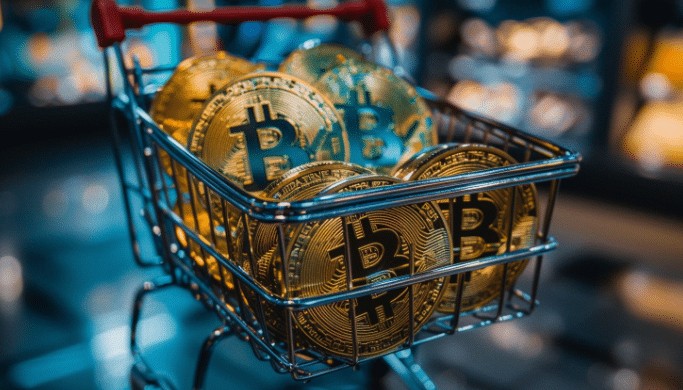In the digital age, blockchain technology has emerged as a transformative force, promising to revolutionize various industries by enhancing security, transparency, and efficiency. Originally devised as the underlying technology for cryptocurrencies like top presale crypto 2024, blockchain has now evolved into a versatile tool with applications far beyond its original scope.
Understanding Blockchain
At its core, blockchain is a decentralized, distributed ledger technology that securely records transactions across multiple computers. Each transaction, or “block,” is linked to a previous one, forming a chain of blocks — hence the name blockchain. This structure creates a tamper-resistant record of data that is transparent, immutable, and auditable.
Key Features of Blockchain
- Decentralization: Blockchain operates on a decentralized network of computers (nodes), eliminating the need for a central authority. This decentralization ensures no single entity has control over the entire network, making it more resilient to cyberattacks and fraud.
- Transparency: All transactions recorded on a blockchain are transparent and visible to all participants in the network. This transparency fosters trust among users, as it becomes virtually impossible to alter records without the consensus of the network.
- Security: Each block in the blockchain is linked to the previous one using cryptographic techniques. This makes it extremely difficult for hackers to alter transactional data or the blockchain itself, thereby enhancing security.
- Immutability: Once recorded, data on a blockchain cannot be altered retroactively. This feature ensures that the transaction history remains accurate and trustworthy, reducing the risk of fraud and improving auditability.
Applications of Blockchain
Blockchain technology is being adopted across various industries, revolutionizing processes and creating new opportunities:
- Financial Services: Blockchain is transforming the financial sector by enabling faster, more secure, and cost-effective cross-border payments. It is also being used for trade finance, smart contracts, and tokenization of assets.
- Supply Chain Management: By providing end-to-end transparency and traceability, blockchain is optimizing supply chain processes, reducing fraud, and ensuring the authenticity of products.
- Healthcare: In healthcare, blockchain is enhancing data security, interoperability, and patient privacy. It is being used for managing electronic health records (EHRs), clinical trials, and drug supply chain management.
- Government Services: Governments are exploring blockchain for secure and transparent voting systems, land registry management, and identity verification.
- Legal and Real Estate: Blockchain is simplifying the process of property transactions, reducing paperwork, and ensuring the authenticity of titles and deeds.
Challenges and Future Outlook
Despite its numerous benefits, blockchain technology faces challenges such as scalability, energy consumption, and regulatory concerns. However, ongoing research and development are addressing these issues, paving the way for wider adoption.
